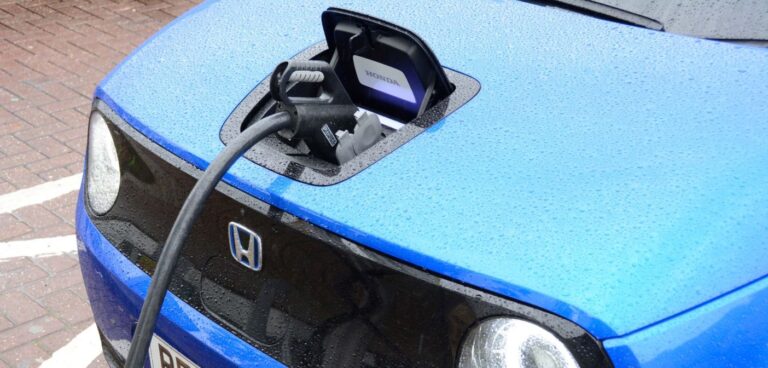A survey by Electric Vehicle Association (EVA) England, which invited EV drivers to share their views on their experience with public chargepoints, suggests that interventions should be made in the areas of payments, roaming, making data available, pricing transparency and reliability.
EVA England conducted the survey in response to the UK government’s consultation on the ‘Consumer Experience at Public Electric Vehicle Chargepoints’.
Over 1,000 drivers participated in the survey in England, who highlighted widespread support for the rollout of contactless credit and debit card payments, being able to use one charge card – also known as an RFID card – or app across multiple charging network operators, adoption of a pence/kWh payment metric, and higher levels of reliability.
The survey also highlighted the importance of the public charging network to those with off-street parking, with 92% of EV drivers relying on the public charging network at least once a month.
What’s more, respondents said standardised signage should be increased in terms of both number and visibility both at the site of the chargepoint as well as on a range of approach roads such as motorways and A-roads.
According to the survey, the average satisfaction rating amongst drivers in England with the current state of public charging infrastructure is 2.16 out of 5. Most drivers (43%) indicated that they were somewhat dissatisfied with public charging in England, with 24% indicating they were extremely dissatisfied.
This has led to EVA England to call on the government to intervene now to ensure all charging infrastructure is reliable, safe and user-friendly, across all driver groups.
Gill Nowell, a director at EVA England, said: ” With automotive manufacturers, fleets and businesses all now choosing to go electric, we need to improve the consumer experience at public chargepoints to take EV adoption mainstream.
“Based on the outputs of this survey, paving the road for the mass adoption of EVs looks like contactless card payments, roaming, consistent chargepoint reliability, simplified billing, and easy access to information about what chargers are where.”
A total of 1,216 drivers completed the survey, which ran for three and a half weeks from 22 February 2021 to 19 March 2021.
Of the 1,025 survey participants from England, 96% indicated they were drivers of battery-electric vehicles with the remaining 4% indicating they were drivers of plug-in hybrid vehicles.





